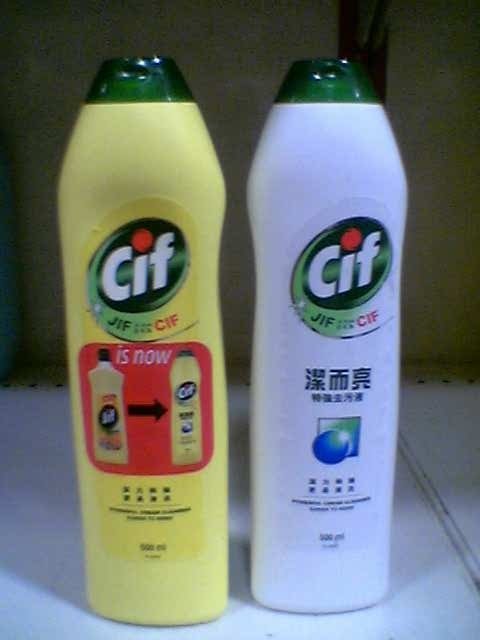per
Veteran Member
I have many times experienced that mechanical stuff (like Floppy drive spindle motors, dot matrix printers, etc...) coagulate over time, but don't worry, I have found the ultimate tool every vintage-computer user should have on hand at any time.
What I'm talking about is a bottle of Sewing-machine/bike oil.
Just make sure to not have too much oil on when you use it. It shouldn't be driping off.
What I'm talking about is a bottle of Sewing-machine/bike oil.
Just make sure to not have too much oil on when you use it. It shouldn't be driping off.

